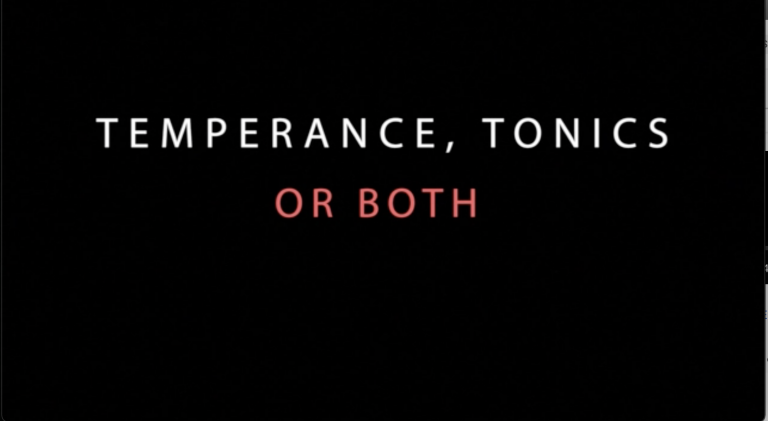First published: September 27, 2004
The examination of political culture is appealing because it looks behind the human activity related to politics. As Brenda O’Neill says in her chapter, Sugar and Spice? Political Culture and Political Behaviour of Canadian Women, political culture is a determinant of political opinions and behaviour. And what is most fascinating about this aspect of political study is its ability to begin to probe behind political institutions and behaviour to gain insight into some of the deeper inner mysteries related to what we see on the political landscape.
Ian Stewart’s chapter, Vanishing Points: Three Paradoxes of Political Culture Research, sets out the framework of the study of political culture, looking at its strengths, weaknesses and relevance.
For him, the study of political culture is the study of mass beliefs, originating with the advent of modern surveys and a shift to political behaviourism. However, three problems are associated with political cultural research.
Just after political cultural studies emerged, the conceptual, methodological and theoretical approaches threw up roadblocks for many political scientists, slowing down the original enthusiasm for this type of study. To some extent this has been overcome, but not completely.
As a lone determinant, political culture fails. But as a means of illuminating other central features of Canadian politics, it can be very useful, Stewart argues.
One of the tough aspects of political culture is determining fundamental orientations and assumptions of a group of people, since much of this can be either conscious or unconscious. Here, three key factors come into play: the cognitive aspect (or knowledge about politics) the evaluative aspect (or judgments about politics) and the affective aspect (or feeling about politics).
Clearly, Stewart wants us to see political culture does not include political behaviour. It is more about the psychological factors rather than the behavioural, he states.
His concerns over methodology may also be misplaced. As we see in Neil Nevitte and Mebs Kanji’s chapter on Canadian Political Culture and Value Change, the World Values Survey provides many insights, demonstrating it is an excellent tool. It not only assists in interpreting Canadian political culture, but also provides comparators to other countries. And one can also see people like American Robert Putnam in his work Bowling Alone and Michael Adams in his book Fire and Ice provide very successful analysis which can be used to understand political culture.
The practice of political culturalism faces three paradoxes, Stewart says:
1. The nuance paradox: it states, the more subtle the understanding of a particular political culture, then the harder it will be to compare to other political cultures;
2. The anchor paradox: it states, the more firm the understanding of a particular political culture, the less chance there is to apply that explanation to other similar cases;
3. The acceptance paradox: it states, the more accepted a particular interpretation of a political culture, the more suspicious one should be.
Stewart ends by emphasizing that regardless of the difficulties and paradoxes of political cultural study, it is a vital component of political science.
It is no wonder political scientists struggle with political culture. One only has to think of any psychological study to realize how hard it is to determine what motivates behaviour. Psychoanalysts have labored for decades to figure this out. The delicate chemistry of thoughts and feelings making up the human psyche is what the political culturalist is really dissecting.
And while frustrating for some, it also is engaging. In the same way physicists can use scientific theory to understand the minutest details of the universe; there always seems to be a point where the theories fade and it enter the realm of mystery. Maybe this is the same for political scientists, who wish to explore the inner universe of citizens.
This should be viewed as one of the great strengths of modern political science. Unlike the early institutionally based studies described earlier in the textbook, the more recent approaches begin to look more at people. And, while behaviourism is more centred on people, this provides us with an even more subtle vision into politics. The challenge may be that the more deep our exploration, the more mysterious it becomes. Stewart might wish to see this as more fascinating rather than frustrating, despite its paradoxical nature.
There is also another consideration. Political behaviouralism brings with it a scientific approach to political studies. And the benefits of this are numerous, as described earlier in the text. However, if citizens’ actions can be reduced to a series of formulas and numbers, then there is a great danger of manipulation. It would be terrible if political behaviour could be predicted in the same way the path of the planets is calculated. To this end, maybe we should hope our inner galaxy remains a mystery, despite the good intentions of political culturalists.

